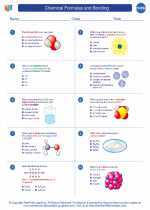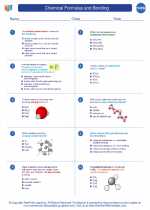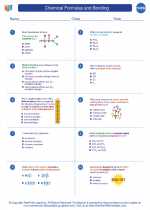Germination
Germination is the process by which a seed begins to grow into a new plant. It is a crucial stage in the life cycle of a plant and involves the activation of the seed and the emergence of the embryonic root (radicle) and shoot (plumule).
Factors affecting germination:
- Water: Water is essential for the activation of enzymes that initiate the germination process.
- Temperature: Optimal temperature range varies for different plant species, but generally, warm temperatures promote faster germination.
- Oxygen: Adequate oxygen is required for cellular respiration during germination.
- Light: Some seeds require light to germinate, while others require darkness. Light can stimulate the production of certain hormones that initiate germination.
- Seed viability: The quality and age of the seed can affect its ability to germinate.
Stages of germination:
- Imbibition: The seed absorbs water, causing it to swell and become metabolically active.
- Activation of enzymes: Enzymes within the seed are activated, initiating metabolic processes to break down stored nutrients and initiate growth.
- Radicle emergence: The embryonic root (radicle) emerges from the seed and begins to grow downward into the soil.
- Plumule emergence: The embryonic shoot (plumule) emerges from the seed and begins to grow upward, eventually developing into the stem and leaves of the plant.
Germination experiment:
To study germination, you can set up a simple experiment using different conditions such as varying water availability, temperature, and light exposure to observe their effects on seed germination.
Importance of germination:
Germination is vital for the continuation of plant life cycles and is the starting point for the growth of new plants. It allows seeds to develop into seedlings, which eventually grow into mature plants, contributing to the overall biodiversity and ecosystem functioning.
.◂Chemistry Worksheets and Study Guides High School. Chemical Formulas and Bonding
Worksheet/Answer key Chemical Formulas and Bonding
Chemical Formulas and Bonding  Worksheet/Answer key
Worksheet/Answer key Chemical Formulas and Bonding
Chemical Formulas and Bonding  Worksheet/Answer key
Worksheet/Answer key Chemical Formulas and Bonding
Chemical Formulas and Bonding 

 Worksheet/Answer key
Worksheet/Answer key
 Worksheet/Answer key
Worksheet/Answer key

The resources above cover the following skills:
PHYSICAL SCIENCE (NGSS)
Matter and Its Interactions
Students who demonstrate understanding can:
Plan and conduct an investigation to gather evidence to compare the structure of substances at the bulk scale to infer the strength of electrical forces between particles.